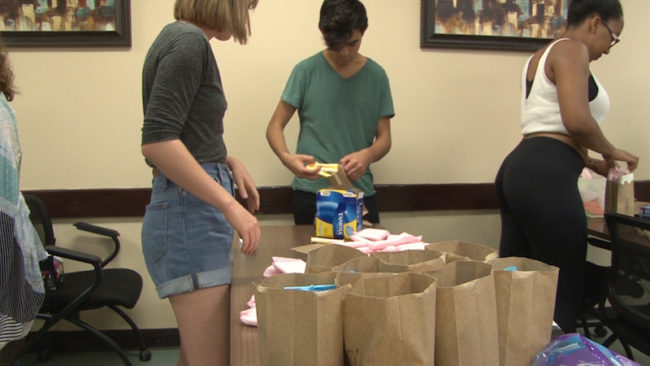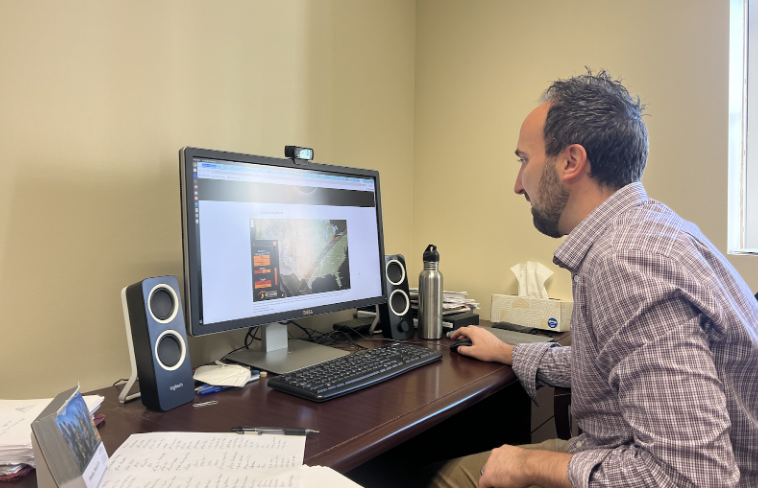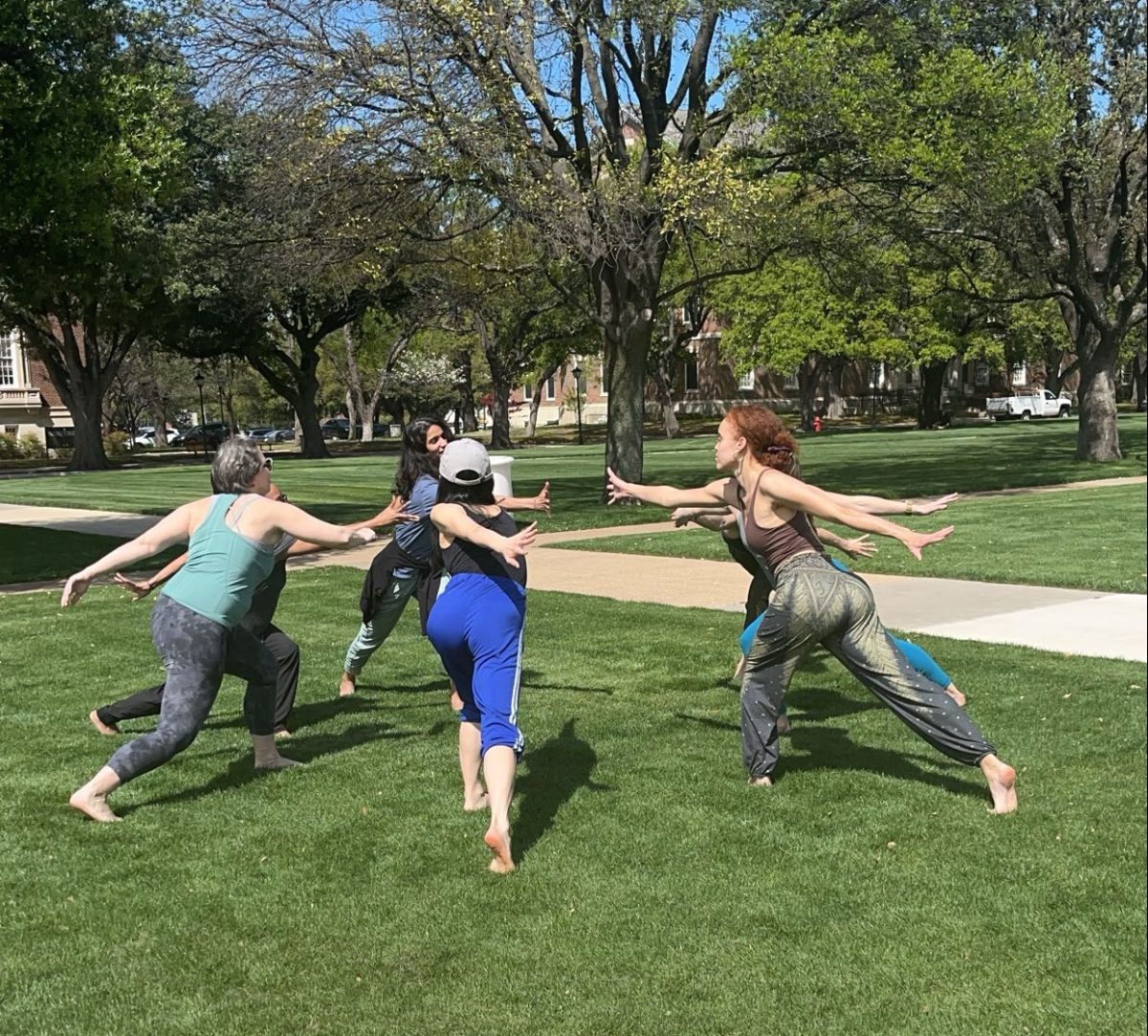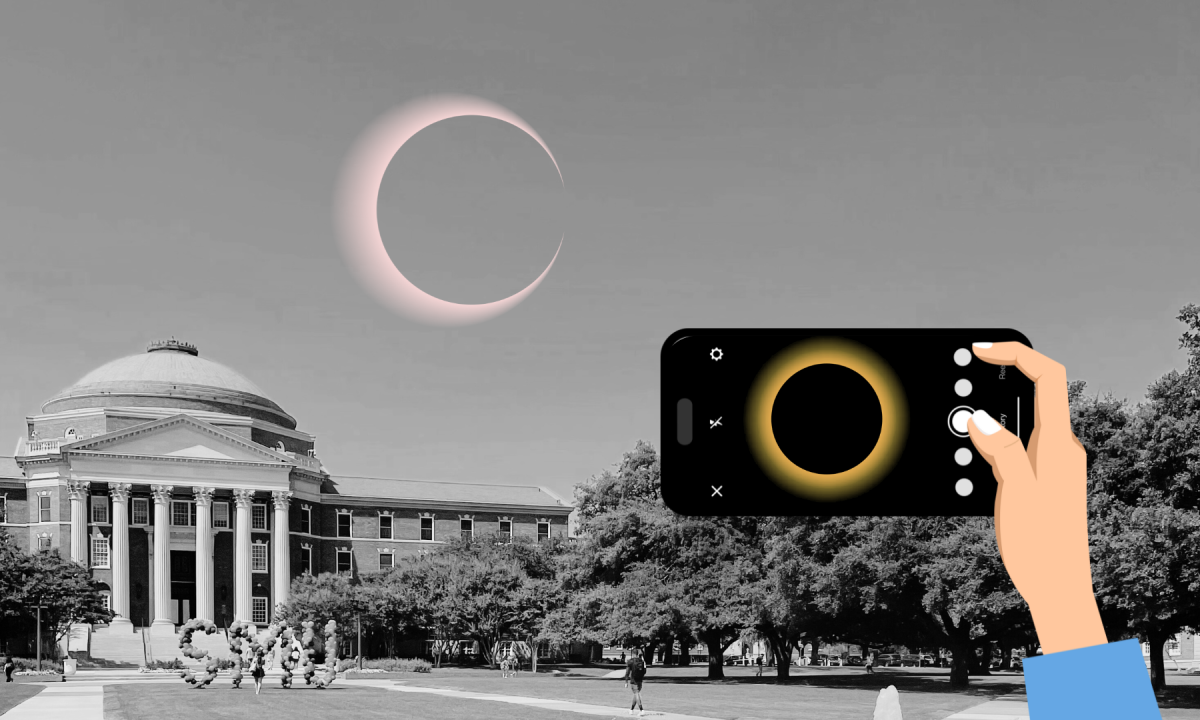In the Dallas area alone, 23.8 percent of the women fall below the poverty line which can make access to menstrual products a challenge for menstruators.
PERIOD Dallas’ vice president, Samantha Watkins, said that affordability of feminine hygiene products is an issue for many women.
“Period poverty is a real, real issue and people who are choosing between dinner on the table and a $5 box of tampons they are going to choose dinner on the table,” Watkins said.
For menstruators, the average unit price of tampons and pads can be $5.22 not including the sales tax. SMU student, Briana Smith said that people should not have to pay taxes for feminine hygiene products.
“It is a necessary item, like toilet paper, no one has a luxury tax on toilet paper so there shouldn’t be a tax on tampons/pads diva cups or anything of the like,” Smith said.
Non-profit organizations such as PERIOD Dallas and the student-led initiative, The Period Project, focus on providing free and easy access to menstrual products. PERIOD Dallas’ president, Amy Jassar, said that her organization’s goal is to make feminine hygiene products more accessible to women.
“We believe in menstrual equity which means that women should have access to menstrual products no matter their circumstance,” Jassar said.
PERIOD Dallas’ “Packaging Parties” include boxing and shipping menstrual products to women in need.
Jassar and Watkins had hygiene product dispensers put in 3 bathrooms at UT Dallas. Marie Joung and Briana Smith are working through The Period Project to have dispensers added to bathrooms at SMU.
“The reason we are doing this is because there is a significant academic disadvantage that is occurring,” Joung said. “You don’t always have supplies with you and that causes people to skip class.”
The Period Project has a petition to garner support for their initiative.
“We are hoping to get a couple hundred signatures,” Joung said. “I would like to see at least 200.”

















